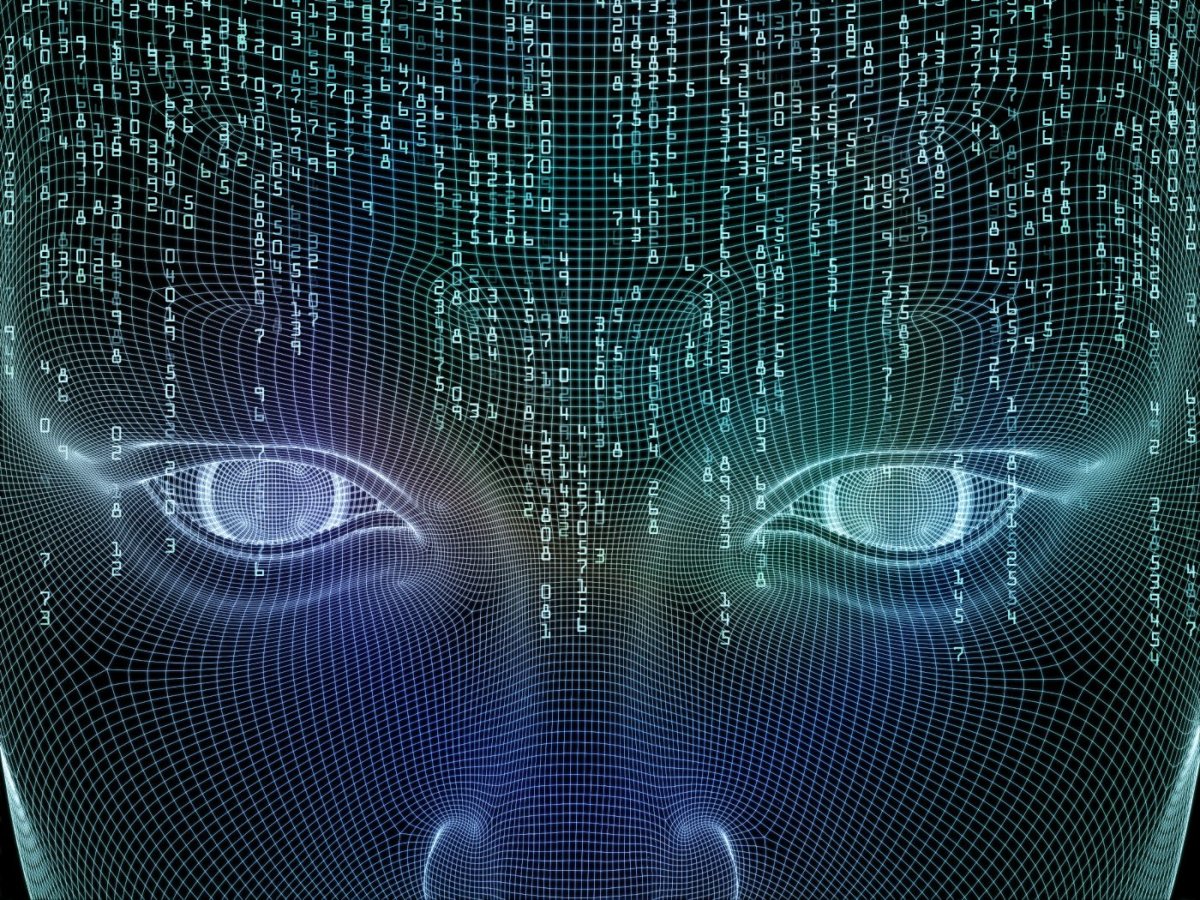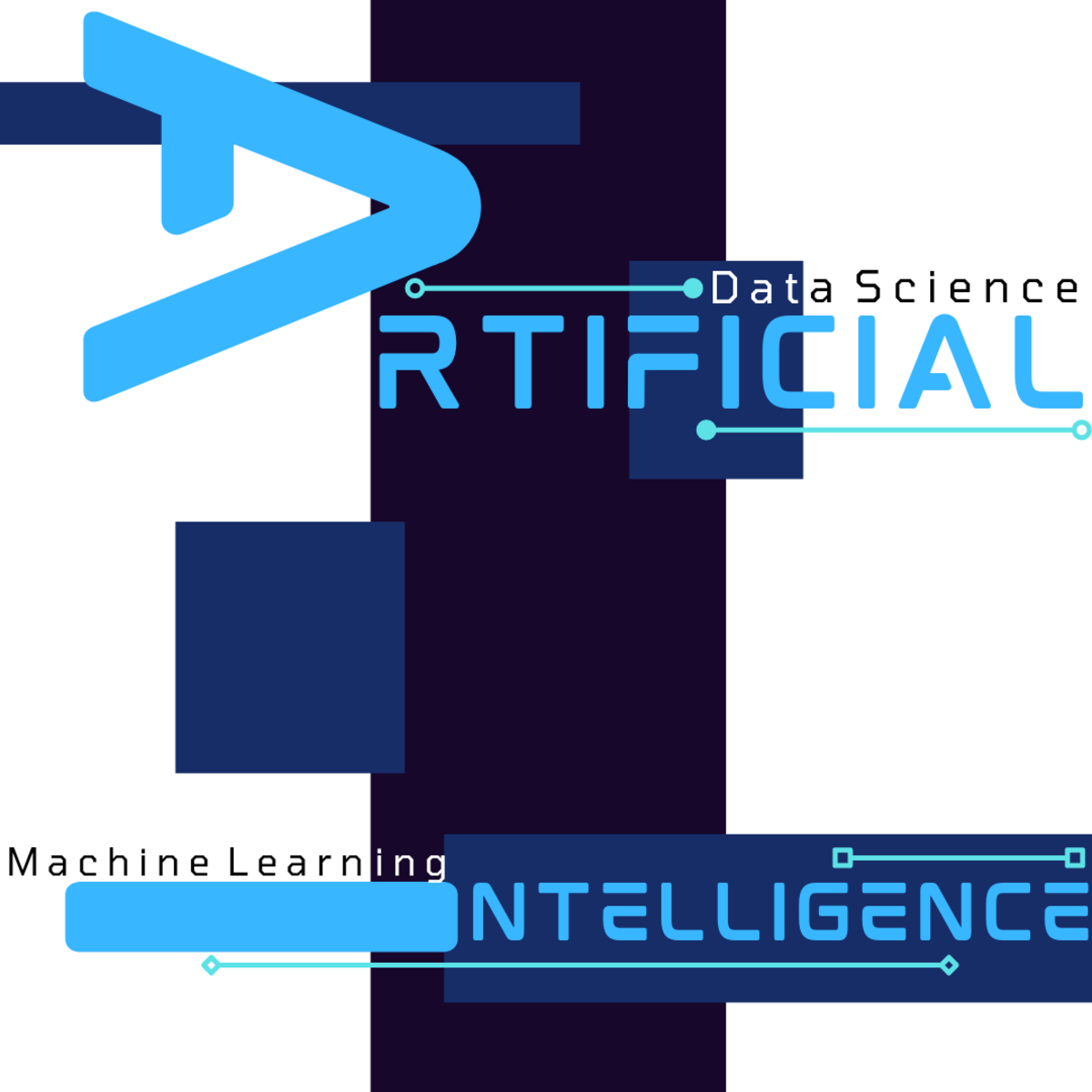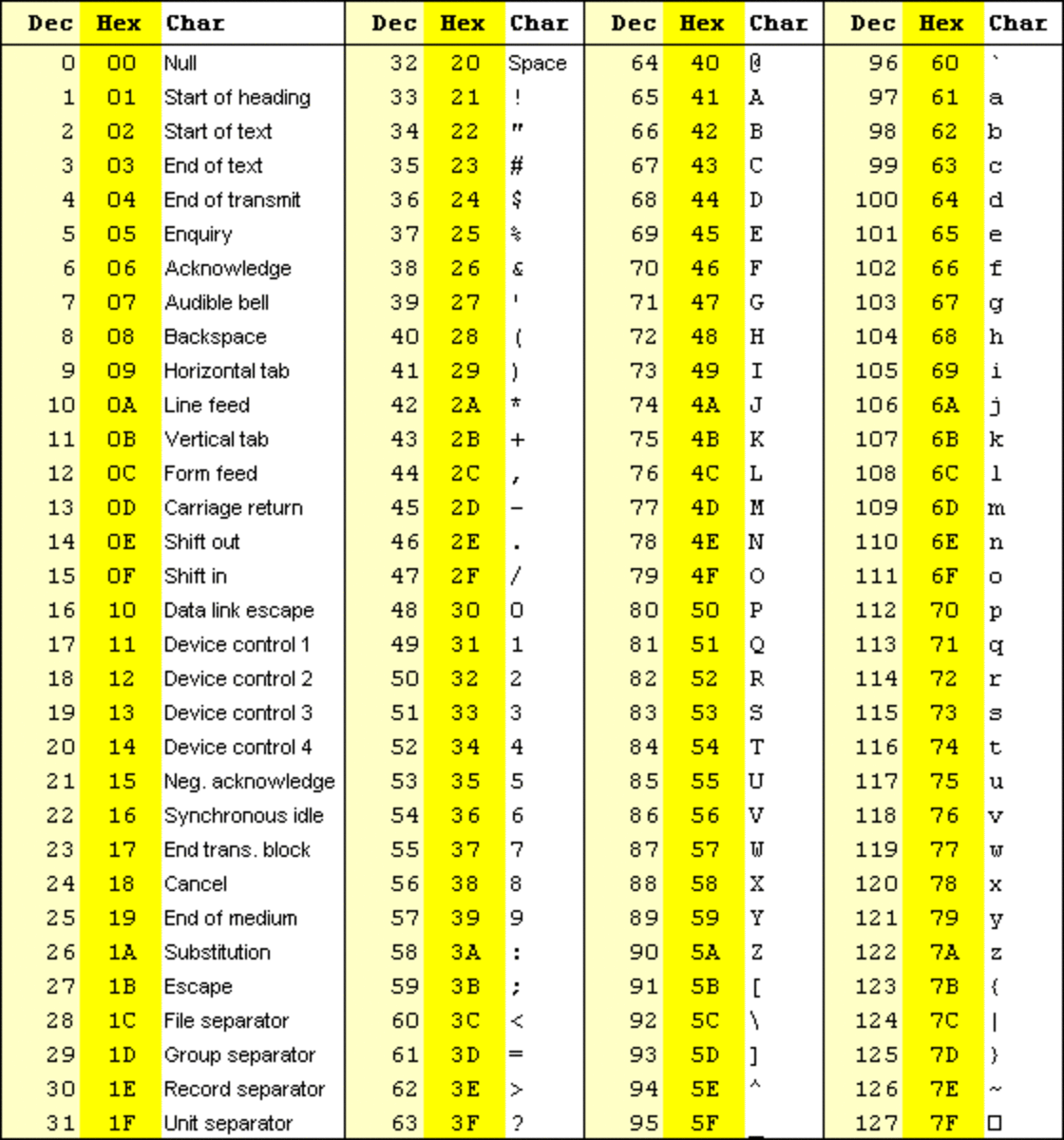- HubPages»
- Technology»
- Computers & Software»
- Computer Science & Programming»
- Programming Languages
Artificial Intelligence: Your Computer Will Learn to Outsmart You

Have you ever watched a movie about robots taking over the world and it seemed too realistic? The concept, the intelligence behind it, and the reasoning on how it happened just hit way too close to home. If you’ve ever experienced this, you may want to brace yourself for the path technology is now taking. No, we are not creating an army of robots. However, scientific breakthroughs in artificial intelligence and machine learning are beyond what we previously thought was possible.
The simple truth is, we have reached the threshold of what modern computers are capable of. Our processing needs are placing a strain on existing computing resources. However, multiple tech giants have created a resolve for this problem in quantum computers. Google claims its computer model is 100 million times faster than today’s computers. With this processing power, it makes it possible for a computer to take an exponential amount of data, sort it, and indicate anomalies that were previously not noticed. Calculations would have taken thousands of years to complete, can now be completed in seconds.
Let’s say that we take this processing power and give the computer the ability to learn without human intervention. Seems impossible right? Within fiction, it makes a great story. In the real world, it will make you chuckle. But when you design a machine to make its own decisions, you are opening a way for it to happen.
Applied & General AI
A machines ability to carry out a broad range of activities that are defined as smart or human-like is known as artificial intelligence. Some may be confused by its full meaning, but this is because the concept behind it has grown over the years. Due to its complexity, the research and development of artificial intelligence have divided into two areas of study.
-
Applied artificial intelligence, also referred to as Applied AI, studies the science behind the human thought process and how to carry out tasks that make sense. Good examples are machines used in factories or stores to manage inventory. A computer will systematically go up and down each aisle scanning the items to log business inventory accurately. The calculations are provided to retailers in near real time. Amazon Alexa is another example of a device that is intelligently able to interact and respond precisely to a given task. All you do is speak to the device, providing a specific command, such as change the TV channel to 465. The device will then repeat the command back before performing the task requested. If Alexa was incorrect, you could immediately command it to stop and give the same command again to correct it. This can also be defined as rule-based artificial intelligence because the computer is not designed to be independently intelligent, by acting on its own accord. Human interaction is necessary.
-
Generalize artificial intelligence, also referred to as general AI, is the area of study that designs machines with the ability to complete tasks just like a human or beyond human capabilities. The computer would be able to apply its reasoning to problems based on previously fed data. Considerable advances in this area are being made because they are modeling their work after the human brain. An excellent example of this would be image recognition computers. If you would like for it to decipher a car from a bus, you would input multiple images of both. The machine will then learn the difference between the two. Once the computer is presented with a car or a bus that it had never seen before, it should then be able to identify the vehicle accurately. Another example would be self-driving cars. Computer scientists have taken thousands of hours of recorded footage and input that into the computer. At that point, the computer knows how to identify a pedestrian, what a red light means, what a green light means, how to shift lanes in traffic, etc.
Machine Learning
What brings the technology we know to an entirely different level is the extensive research being done on machine learning, which falls under general AI. Computer scientists have proposed, connecting a computer’s neural network to the internet. You would essentially be giving it the knowledge bank of the entire world. Minimal human intervention would be needed to identify patterns, make predictions, statements, and decisions all based on probability. This amazing technology can give computers some understanding of human emotion, nuances within written and the spoken language, the art behind our music, and other human-like traits. Just imagine a computer being able to understand what fear is and how it affects the human body.
Programmers have already tested the learning capability of quantum computers by using a 2,500-year-old Chinese board game called Go. It is said that there are more configurations on that game board than there are atoms in the universe. Now that’s truly hard to imagine.
They designed an artificial intelligence-based software program called AlphaGo and allowed the computer to play itself to learn. After some time passed, the machine was set up to play against a human. What was the result? The AlphaGo computer was able to beat the world champion an astounding four games to one.
Programmers then took the same program and redesigned it. They called it AlphaGo Zero. Within 40 days of learning on its own, AlphaGo Zero was able to beat the original quantum computer AlphaGo by 100-0. It even showed some impressive moves that had never been seen before. The world’s current Go champion is not even human.
Technology is crossing an unknown bridge, and we do not know what is on the other side. Will it be able to identify all illnesses with a quick scan of a laser? Maybe it can design better homes and buildings against different types of natural disasters? The possibilities are endless. However, you have to think that maybe computers will get too smart. Will these computers get so far past human knowledge that they can’t be controlled? Elon Musk stated, “And mark my words, AI is far more dangerous than nukes. Far. So why do we have no regulatory oversight? This is insane.” I guess that's a topic for another discussion.
Sources
https://www.forbes.com/sites/bernardmarr/2017/09/05/how-quantum-computers-will-revolutionize-artificial-intelligence-machine-learning-and-big-data/#4bd03f985609
https://phys.org/news/2019-01-quantum-brain.html
https://www.bernardmarr.com/default.asp?contentID=958
https://www.sas.com/en_us/insights/analytics/machine-learning.html
https://www.bernardmarr.com/default.asp?contentID=963
https://www.independent.co.uk/life-style/gadgets-and-tech/news/elon-musk-artificial-intelligence-openai-neuralink-ai-warning-a8074821.html
https://www.cnbc.com/2018/03/13/elon-musk-at-sxsw-a-i-is-more-dangerous-than-nuclear-weapons.html








